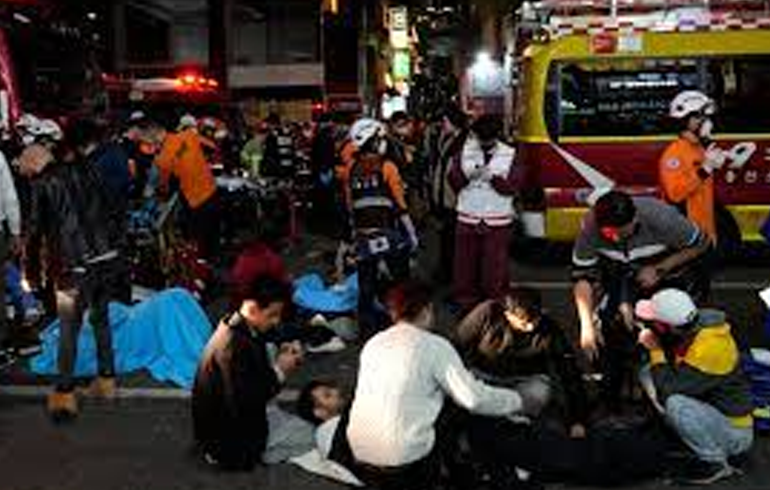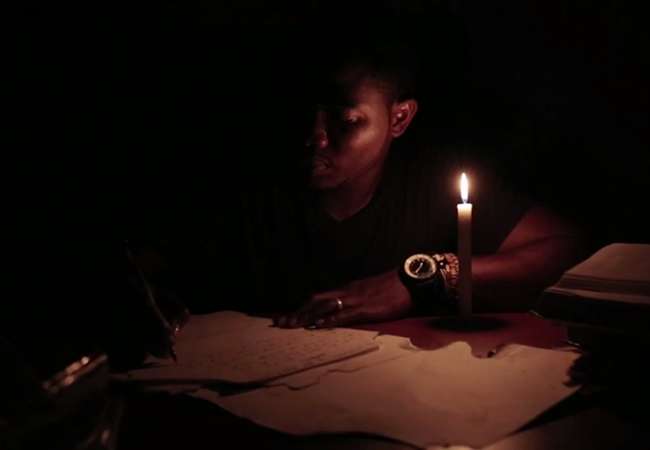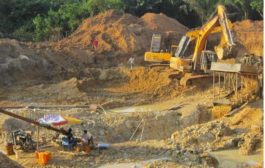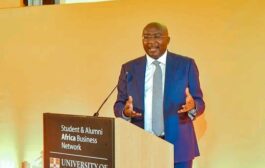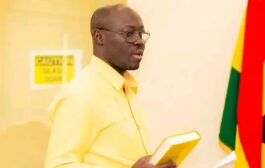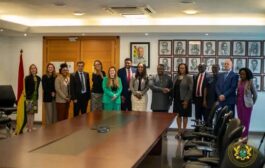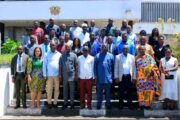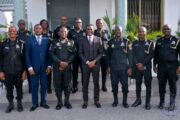The first emergency call about trouble at Itaewon came in the early evening of 29 October.
“It’s so chilling right now,” the woman said, as she described a chaotic scene on the narrow streets of the Seoul nightlife district.
This was the first of 11 calls made to South Korea’s 112 emergency police hotline, begging police them to control the crowds before the fatal crush happened.

As calls for accountability mount, South Korean police have launched an investigation – with officers on Wednesday raiding the Seoul Metropolitan Police Agency, as well as police stations, fire stations and emergency call sites to look into whether officers taking the calls fulfilled their duty and took proper measures.
Police have also taken the unusual step of releasing transcripts of the calls.
From anxious warnings to screams of terror, the transcripts paint a horrifying picture of how the situation escalated.
The crowd builds up
In the first emergency call at 18:34 local time – hours before the crush happened – an Itaewon shopkeeper named Ms Park described people getting off at the Itaewon subway station coming up the narrow alley and mixing with people leaving the area, as well as others lining up to enter clubs.
“No one is controlling it right now. The police has to stand and control this. You should let people out first and then let people come in. People keep pouring in while they can’t get out,” she said.
In an interview with local radio station CBS on Wednesday, Ms Park said she made the call after she went for a walk with her daughter and husband and got separated from them by the huge crowds. They eventually regrouped and quickly rushed home.

She described her terror at being caught up in crowds much bigger than what she was used to seeing in the area on a weekend, and her regret that the incident happened despite her early warning.
“On my way to home in the taxi, I thought if the situation would have been different if I waited there until the police came, by forming a [human barrier] with others and letting young people know that the situation was dangerous. I regret it,” she said.
“Then the police might have taken stronger control like by blocking the roads or controlling the subway if they knew the situation that more people would come. But there was no police who could make such a decision, or take an action.”
Ms Park said that after her call she did not receive the customary text confirmation from the police informing her of their immediate actions – unusual for South Korean police, which prides itself on speedy and attentive follow-ups.
According to police records obtained by the Yonhap news agency, they mobilised officers for that call, but it is not known how many were sent down and what they did.
Falling and stumbling
The next few calls started coming in about two hours later, from 20:09 onwards.
By then, it was clear the situation had clearly deteriorated. The callers described seeing people stumbling after they were pushed, and getting injured.
“People are falling and things are getting out of control because the road here is blocked at the three-way intersection,” said the third caller.
At the end of the hour at 20:53, the fourth caller describes a harrowing situation near the Bronze nightclub.

“I feel like I am going to get crushed… many people are being crushed… it is chaos,” the caller says over a crackling phone line. They repeatedly beg the officer to “please help us”.
The officer assures the caller that they will send policemen to the scene. But police records showed they did not.
In fact, out of the 11 phone calls made to police, they only mobilised officers for four of them.
They did not dispatch anyone for any calls made from 21:07 onwards – the hour leading up to the crush.
Authorities said they had 137 officers on the ground at Itaewon that night. But they were clearly outmatched by the thousands that flocked to the area.
In one viral clip on social media, a lone police officer is seen in a massive crowd desperately shouting and trying to direct people away.
The police chief has since apologised for what he called an “inadequate” response to the calls.
The final hour
On Saturday night, the calls kept streaming in steadily, getting briefer – and more urgent.
“I think there is going to be a real accident soon. Everything is insane,” said the sixth caller.
The eighth phone call at 21:10 was made in front of the Maman-e Kwangjang restaurant about 100 metres from Hamilton Hotel, and described people getting crushed there – illustrating how far the crowds extended to.

There was a lull of about 40 minutes. Then the final calls came in thick and fast, mostly from ground zero – the alley right by Hamilton Hotel.
The tenth caller appeared to be babbling in a panic.
“Yes, however, here, oh my, to come down the alley, I’m afraid, people are pushing and I think I am going to get crushed, please take control, yes,” they said.
In the last call at 22:11 – one of the briefest calls made – the caller dispensed with ceremony. Immediately after the police pick up, the person said urgently: “It feels like people can be stampeded here.”
The officer asked repeatedly where they were exactly, but was unable to get a clear answer. Then, this exchange occurred:
Officer: I am going to trace your location. Yes. Are you near Yongsan station, Itaewon station?
Caller: Ahhh (screaming), ahhh (screaming). The road behind Itaewon.
Officer: Yes. The police will be there.
The call ends abruptly. Four minutes later, the deadly crush began.
Source: BBC



